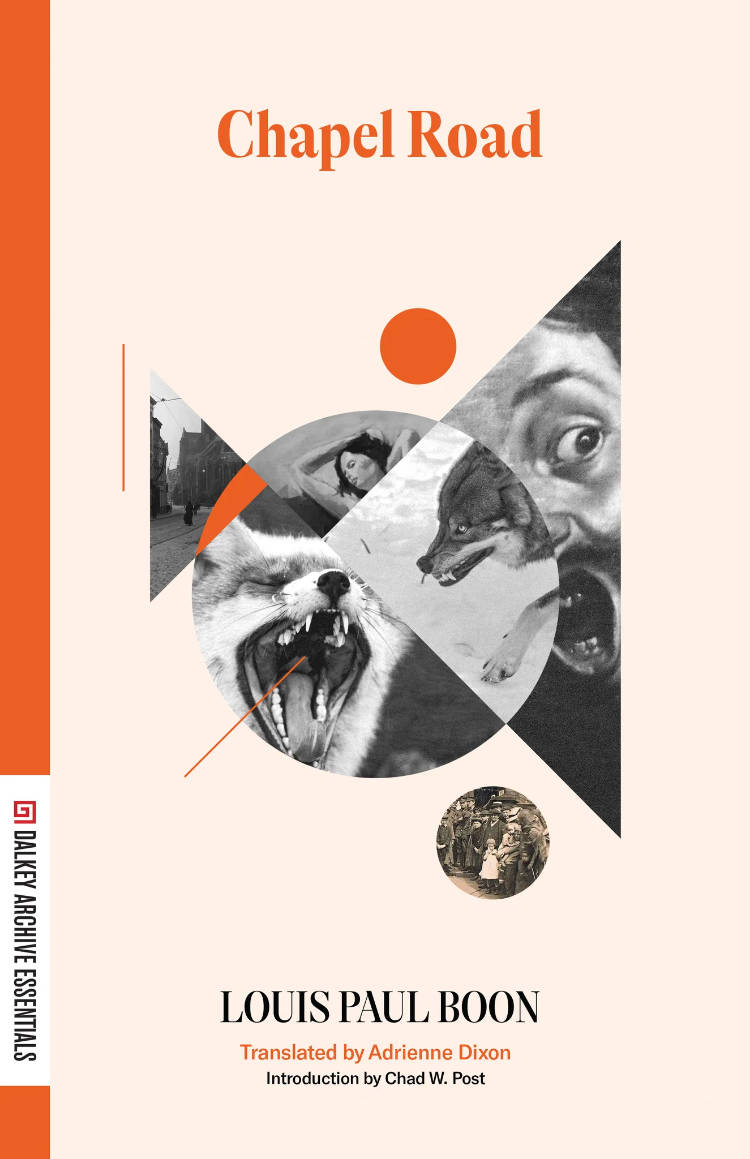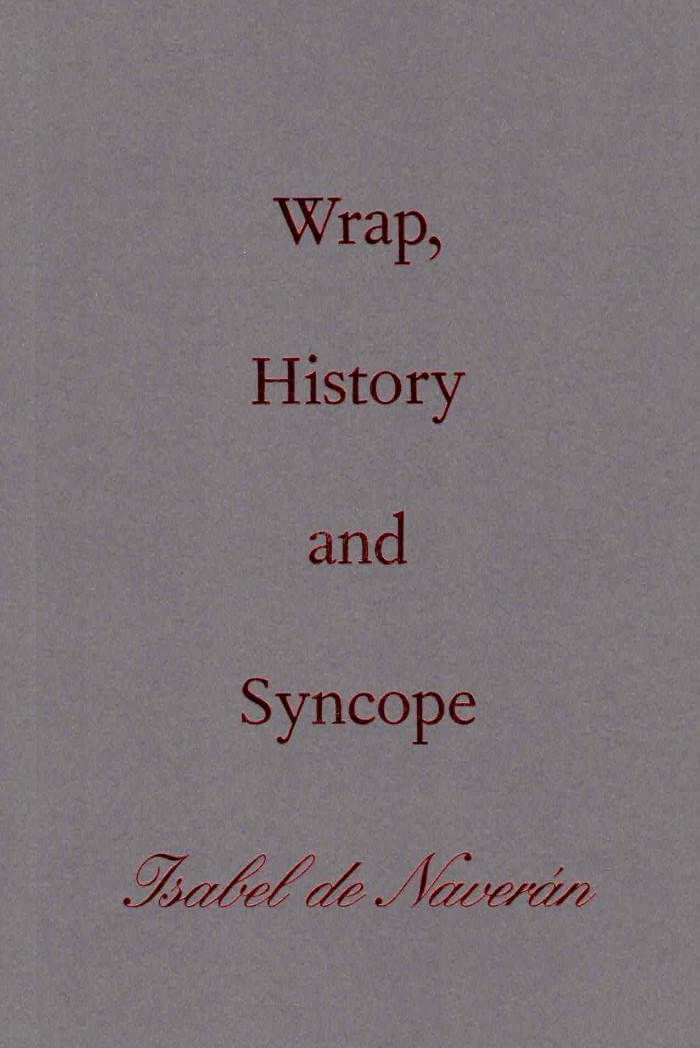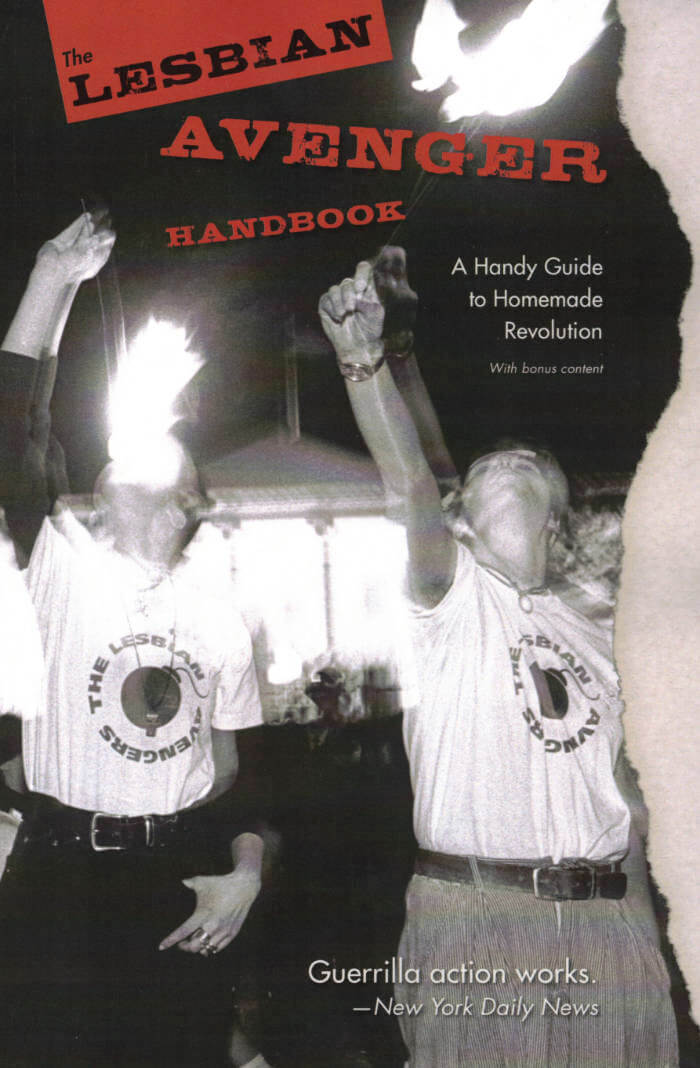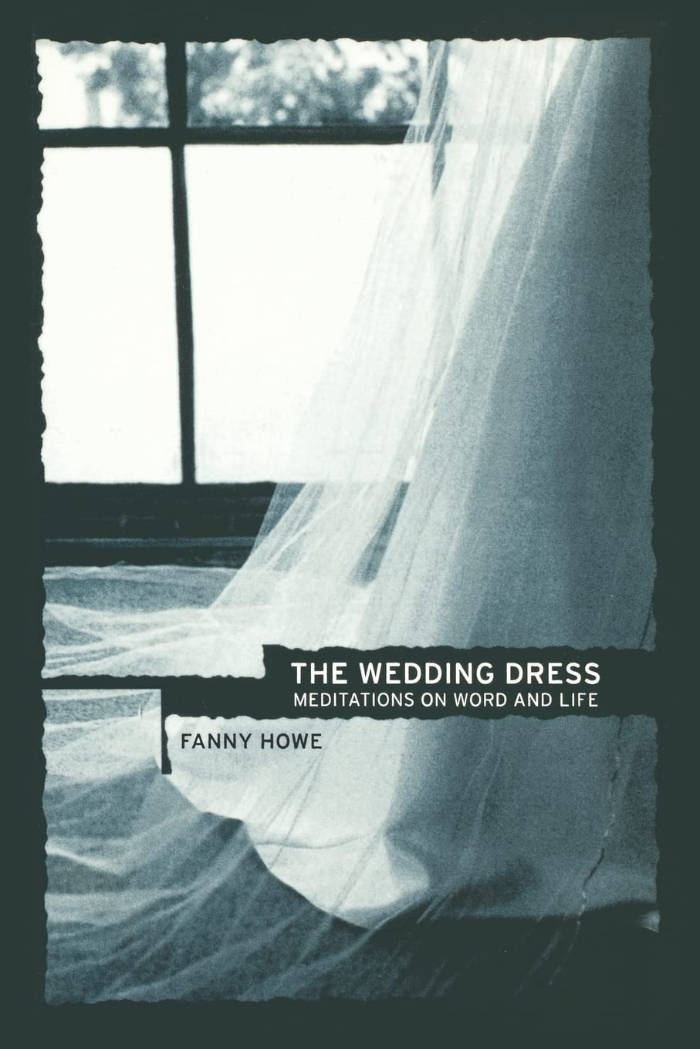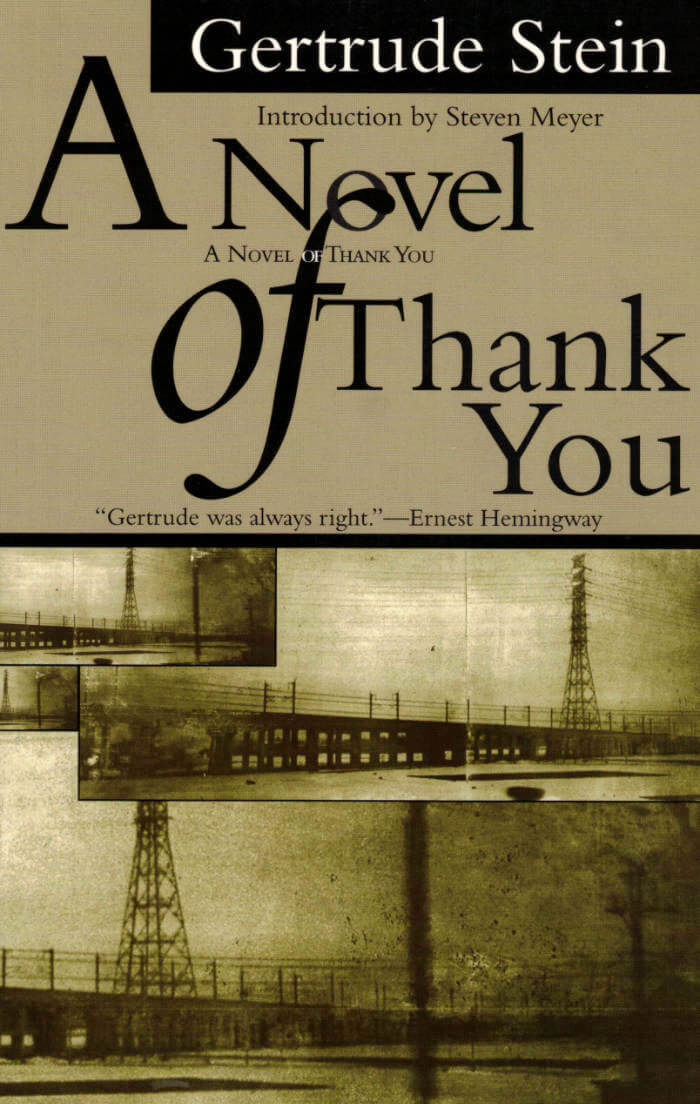
A Novel of Thank You
This is the first paperback edition of one of Stein's most revealing novels. Written in 1925-26 (but not published until 1958), it is Stein's midcareer assessment of herself, her writing, and her relationships, composed in the unique style for which she is celebrated.
In place of a traditional narrative, Stein explores the nature of narrative, its possibilities, the various genres (historical novels, the novel of manners, adventure stories) available to the writer, the conventions of novel-writing, and the novelist's relation to her materials. In a sense, the novel is about preparing a novel (the subject of chap. 50), about everything that goes through a writer's head as she begins to write.
Mixed in with her meditations on writing are daily events in her marriage to Alice B. Toklas, visits from friends - including such notable figures of the period as Josephine Baker, Virgil Thomson, Rene Crevel, and a number of expatriate American writers and artists - travels in and around France, memories of the past, inquiries into names and the nature of identity, and virtually anything else that occurs to her.
As she writes at one point, It can easily be remembered that a novel is everything, so everything of interest to Stein goes into her preparations for the novel that is A Novel of Thank You.

